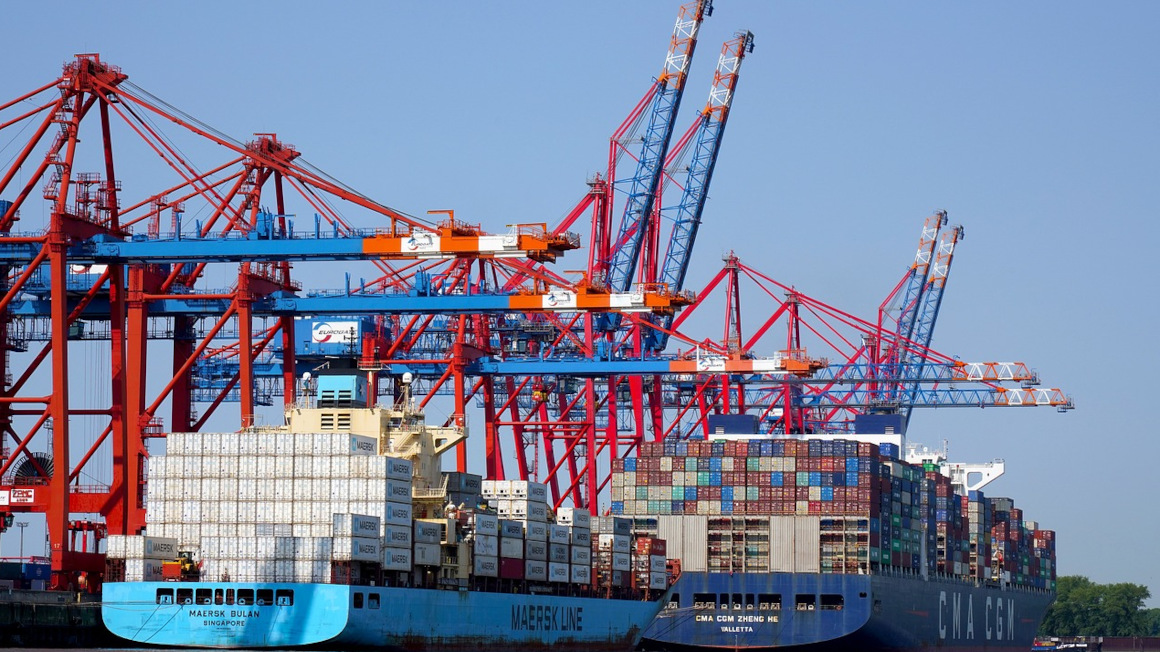Climate-neutral marine fuel from wastewater
On March 24, the first demonstration plant that converts biogas from wastewater into climate-neutral methanol was put into operation on the site of the Mannheim sewage treatment plant.

Methanol is a sought-after chemical that is used for fuel production, among other things, and is made from fossil raw materials. The start-up Icodos - a spin-off of the Karlsruhe Institute of Technology (KIT) - has developed an environmentally friendly alternative for the production of this all-purpose chemical: instead of crude oil and natural gas, biogas from waste streams such as sewage sludge is used as a raw material source in combination with renewable electricity to produce biomethane and e-methanol. The first demonstration plant for the production of climate-neutral methanol as a marine fuel was officially opened at the Mannheim sewage treatment plant on March 24.
Combined process for the production of e-methanol
In conventional processes for the production of so-called e-methanol, CO2 capture and methanol synthesis take place separately. In order to be able to use the methanol as a fuel, the gas has to be processed at great expense. With the technology developed by Icodos, the biogas produced from the wastewater of the sewage treatment plant can be processed into high-quality biomethane and at the same time green e-methanol can be produced from the CO2 produced. To do this, carbon dioxide (CO2) is separated from the biogas and converted into methanol with additional green hydrogen (H2) from water electrolysis in a combined process. According to Icodos, this method is currently the “most efficient CO2 capture technology”.
Using wastewater treatment plants for fuel production
“With our technology, we are extracting a high-quality energy resource from an existing source,” explains Vidal Vazquez, co-founder of Icodos. “The current project shows that wastewater treatment plants can serve as the heart of sustainable fuel production - a potential that has so far remained untapped.” There are around 9,000 wastewater treatment plants in Germany. According to Vazquez, these alone could produce several million tons of sustainable methanol every year.
Practical solution for sustainable transformation
“The new facility impressively demonstrates how research and entrepreneurial spirit can produce practical solutions for the sustainable transformation of our economy,” said Thomas Hirth, Vice President Transfer and International Affairs at KIT, at the opening of the facility. Federal Minister of Transport Volker Wissing referred to the need for such innovations to make Germany less dependent on energy imports. “This project can set an example for many other locations in Germany and Europe.”
The Icodos technology, which uses biogas and CO2 as raw material sources, can be used to produce sustainable and climate-neutral chemicals in addition to fuels. Due to its compact and scalable design, the process is particularly suitable for decentralized implementation, they say. According to the start-up, initial talks are already underway with other sewage treatment plants to set up a production plant.
bb


